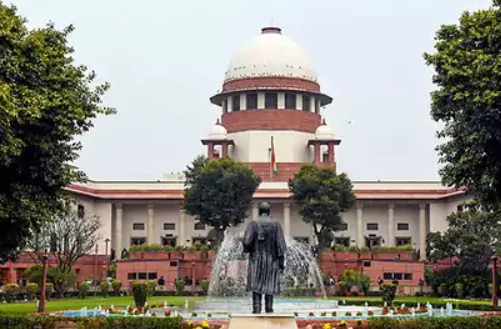
In a decisive ruling that strengthens the digital rights of Indian citizens, the Supreme Court of India upheld the fundamental right to digital privacy, emphasizing that access to digital data by any authority must follow due legal process. The verdict underscores the growing importance of protecting personal information in an increasingly digital world.
The Supreme Court’s decision came in response to petitions challenging government surveillance practices and unfettered access to digital data without appropriate judicial oversight. The Court ruled that any attempt to access or intercept digital communication or personal data without a valid court order is unconstitutional and violates citizens’ rights under the Indian Constitution.
This judgment marks a pivotal step in balancing national security concerns with individual privacy rights. While recognizing the necessity of lawful access for purposes such as crime investigation and national security, the Court emphasized that these powers must be exercised with strict adherence to legal safeguards, transparency, and accountability.
The ruling also directs the government to formulate comprehensive data protection laws, with explicit provisions for user consent, data retention limits, and mechanisms to prevent misuse of digital information. Experts view this as a major push toward establishing a robust legal framework for digital privacy that aligns with global best practices such as the European Union’s GDPR.
This judgment is expected to influence the future of digital governance in India, ensuring that citizens’ personal data is protected from arbitrary access and potential violations. It highlights the judiciary’s active role in safeguarding digital rights in the era of rapid technological advancement.
Privacy advocates hailed the verdict as a landmark victory, advocating for quicker implementation of data protection legislation. Meanwhile, government agencies must now ensure their surveillance and data access methods comply strictly with judicial scrutiny and legal due process.
In conclusion, the Supreme Court’s ruling fortifies the constitutional guarantee of privacy for all citizens, emphasizing that digital data cannot be accessed without a proper legal process. This sets a precedent that will shape India’s data privacy landscape for years to come.







